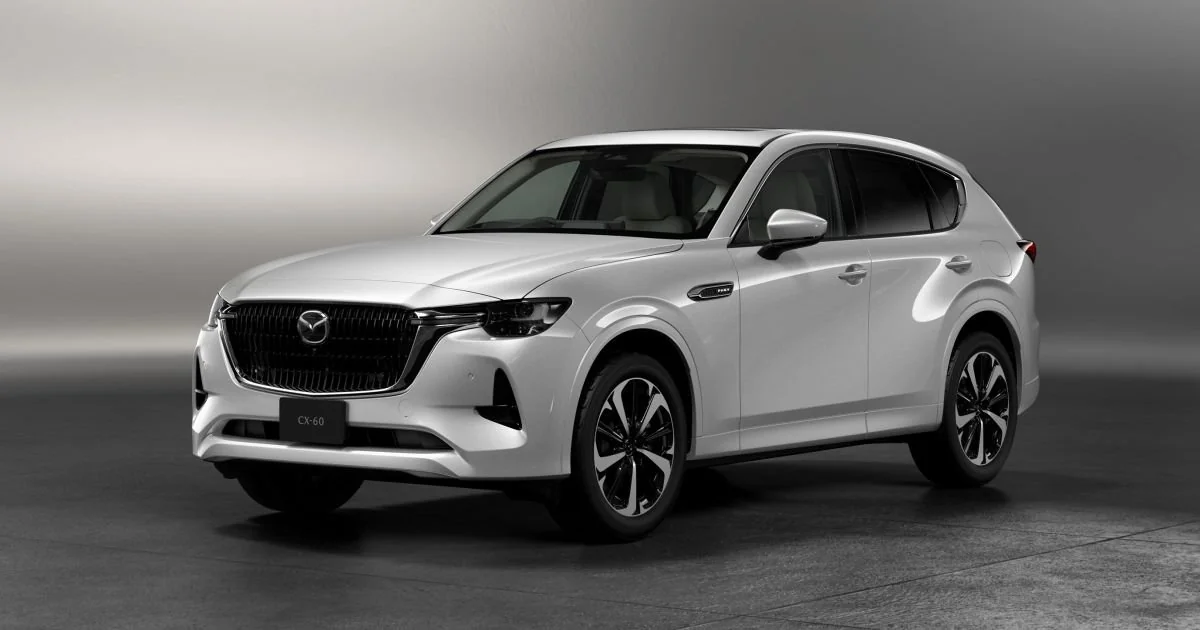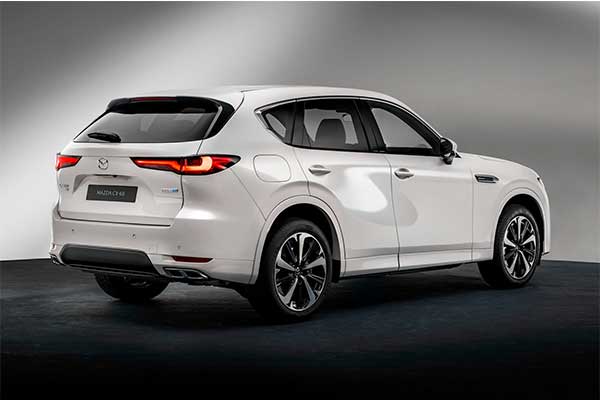Mazda’s commitment to diesel engines persists, despite challenges imposed by EU regulations, echoing sentiments shared by many in the automotive industry. The technical chief of Mazda-Europe expresses frustration at prevailing political decisions hindering diesel’s advancement.
Amidst the rapid decline in market share for diesel powertrains, Mazda remains steadfast in its belief in their efficacy. Christian Schultze, head of technology research at Mazda’s European R&D center in Frankfurt, emphasized this stance during a recent Mazda event.
“We certainly still believe in diesel,” Schultze affirmed when questioned. “In Germany, for instance, half of our CX-60 sales are diesel. Unfortunately, diesel technology continues to face unjust criticism driven by emotion rather than factual basis. Our inline-six engine stands as a testament to diesel’s efficiency, meeting stringent emission standards without compromise. This is a clear indication of diesel’s potential. Looking ahead, as the European Parliament elections loom, it’s essential for voters to consider the broader implications. The current ideological leanings towards solely promoting electrification may overlook pragmatic solutions. While electrification is vital, an exclusive focus on it is irrational.”

Schultze emphasized the need for a diversified approach to tackling climate concerns. “If we genuinely aim to mitigate climate impact, we cannot disregard alternative solutions. Presently, the majority of vehicles in Germany rely on combustion engines. Improving their efficiency could yield significant reductions in CO2 emissions, far surpassing the impact of current electric vehicles. Moreover, the assumption that all-electric vehicles operate on renewable energy is flawed, further highlighting the need for a balanced approach.”
Synthetic fuel emerges as a promising yet overlooked option in Schultze’s analysis. “Synthetic fuels present a viable pathway to reduce CO2 emissions while enhancing energy independence. Unlike conventional fuels, synthetic alternatives offer carbon-neutral properties. Despite being costlier than tax-free aviation fuel, they prove economically competitive in the automotive sector. This discrepancy underscores the untapped potential of synthetic fuels for carbon-neutral transportation. Yet, inexplicably, this solution remains marginalized in current discussions.”
In essence, Mazda’s stance underscores the importance of a holistic approach to automotive innovation and sustainability, acknowledging the potential of diesel engines alongside emerging technologies like synthetic fuels in shaping the future of transportation.

